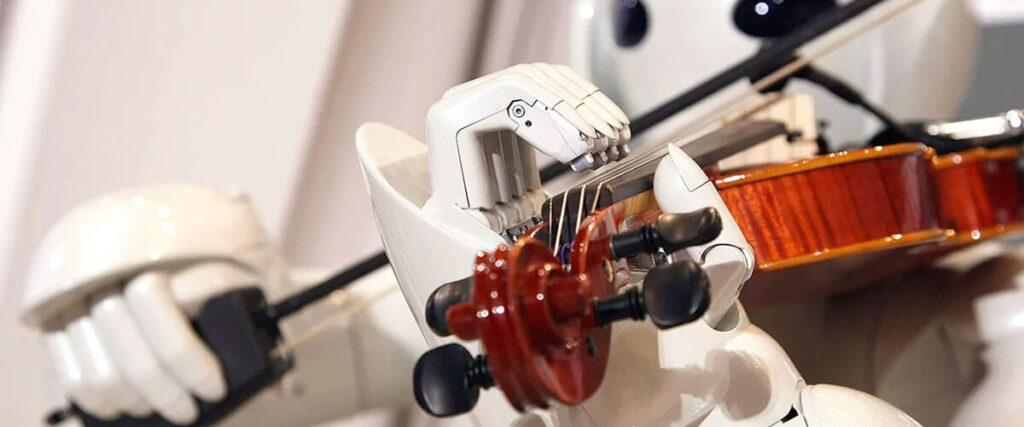Artificial intelligence has made significant strides in music creation, offering tools that can generate melodies, harmonies, and even complete compositions. Platforms like Adobe Express allow users to make AI music with Adobe Express, enabling the transformation of text prompts into musical pieces.
But as these technologies evolve, a pressing question arises: Can AI truly replace human musicians?
The Rise of AI in Music Creation
AI’s integration into music has democratized the creative process. Tools like Adobe Express’s AI music generator simplify music production, allowing users to generate unique soundtracks tailored to specific moods or themes. These advancements have opened doors for content creators, marketers, and hobbyists to produce music without formal training.
The Human Touch: Emotion and Authenticity
Despite AI’s capabilities, many argue that it lacks the emotional depth and authenticity inherent in human-created music. Music is not just about notes and rhythms; it’s a medium for expressing feelings, experiences, and stories. AI-generated compositions, while technically sound, may miss the nuances that convey genuine emotion.
Collaboration Over Replacement
Rather than viewing AI as a replacement, many musicians see it as a collaborative tool. Artists like Holly Herndon have embraced AI to expand their creative horizons, using it to explore new sonic landscapes while maintaining artistic control. This partnership allows for innovation without compromising the human element of music.
Ethical Considerations and Intellectual Property
The use of AI in music raises ethical questions, especially concerning intellectual property rights. Instances where AI replicates the voices of deceased artists without consent have sparked debates about authenticity and ownership. Ensuring that artists’ rights are respected in the age of AI is paramount.
The Future of Music: A Hybrid Approach
The future likely holds a hybrid approach, where AI assists in the creative process without overshadowing human artistry. By leveraging AI’s capabilities for tasks like generating base melodies or suggesting chord progressions, musicians can focus on infusing their work with personal expression and emotion.
For those interested in exploring the intersection of AI and music, platforms like Adobe Express offer accessible tools to experiment with AI-generated compositions. By understanding and utilizing these technologies responsibly, musicians and creators can enhance their work while preserving the essence of human creativity.


